We all want to do what we can for the environment, and recycling is a great place to start. As a consumer, we have a responsibility to understand where our purchases come from, what impact our shopping habits have on the planet, and how to properly dispose of items after we've used them up. Waste is a serious environmental issue, but each of us can do our part by reducing the amount of waste we produce.
“Uncontrolled waste knows no national borders. It is carried by waterways across and between countries, while emissions from the burning and open dumping of waste are deposited in terrestrial and aquatic ecosystems and in the atmosphere. Pollution from waste is associated with a range of adverse health and environmental effects, many of which will last for generations.”
- UN 2024 Global Waste Management Outlook report
Whether you're a seasoned recycler or just starting out, understanding the basics of recycling can make a huge difference. In this guide, we'll share advice on how to properly handle common recyclables, plus tips to help you navigate the process. Let's dive into how you can make recycling a seamless part of your routine, making you a more responsible steward of our planet!
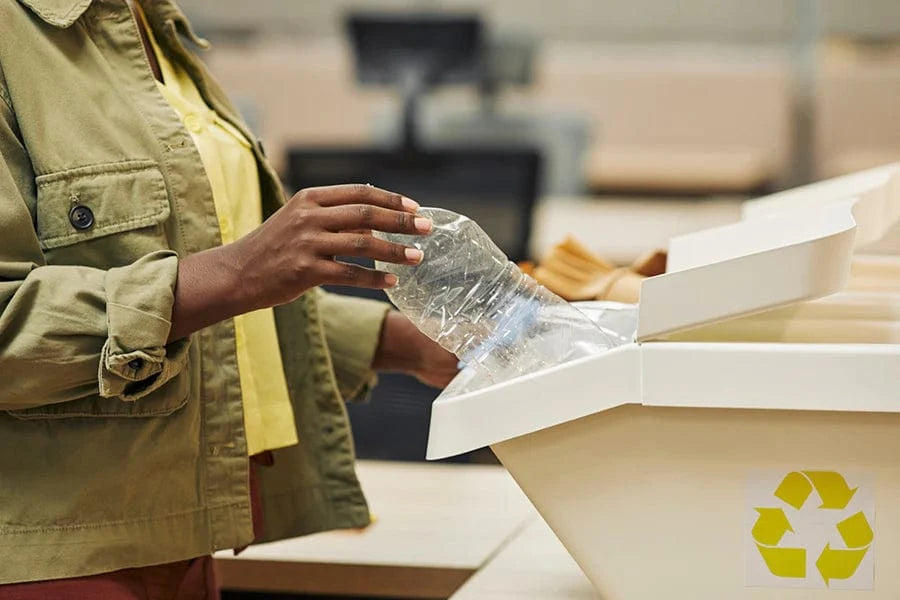
The world has a serious plastic problem, and it's harming all of us. Many types of plastic can be recycled, but not all will be accepted by your municipality. Check with your local program, as policies vary. Plastic bottles and caps are widely accepted, but other types are harder to get rid of. Some things, like plastic bags, wraps and films, may be recycled at a local grocery or department store. Plastic utensils cannot be recycled, and rules differ for plastic containers and cups. Very few places accept styrofoam, but with a little research you may be able to find a place where you can responsibly dispose of it.
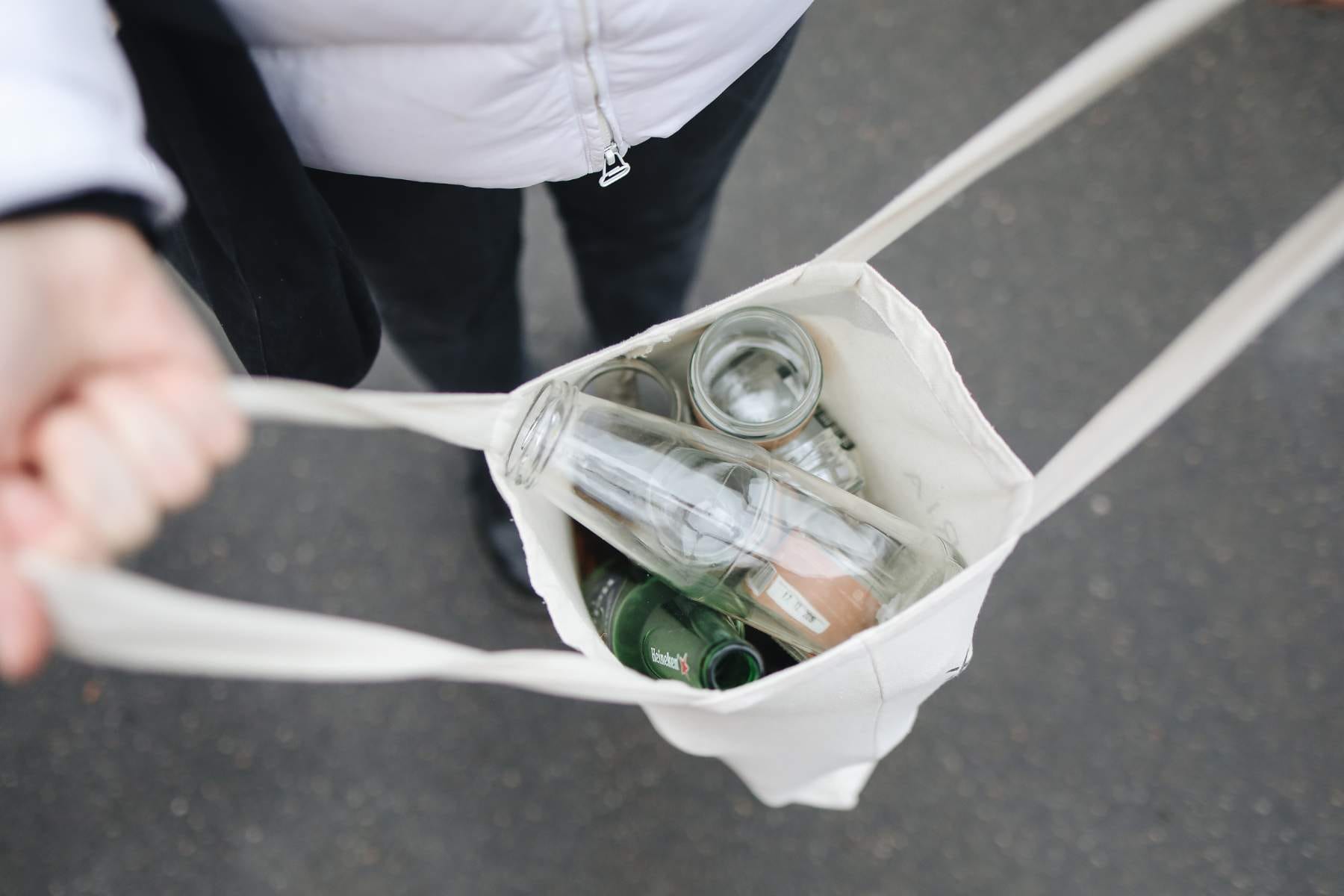
Glass, especially from food and drink containers, can be recycled over and over again. Remove metal caps and place clean, unbroken bottles in your bin. There is one exception: broken glass should never be placed in the recycling bin, as it can harm workers and damage equipment. Some municipalities accept non-paper recyclables together, while others could require you to separate glass, metal and plastics.
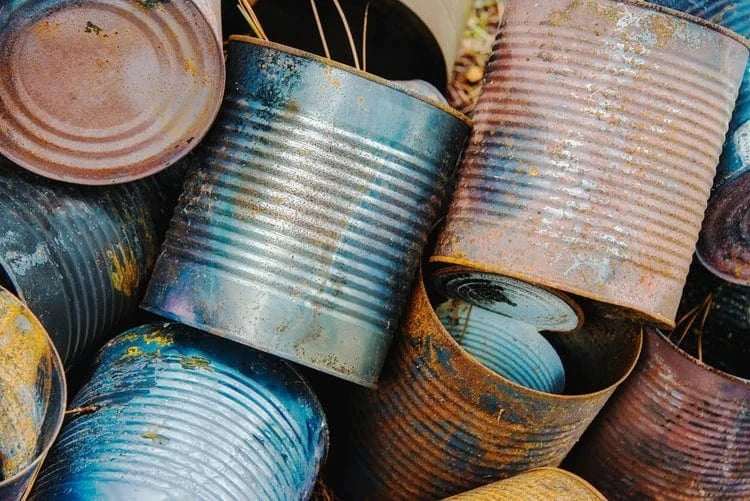
Aluminum cans and foil are simple! Rinse well and place in your bin. Don't crush cans, as this makes them harder to detect and sort at single stream recycling facilities. For other metals, you'll need to check with your municipality. Waste transfer facilities usually have a special metal dumpster—but there could be a fee. If you have a large volume of metal to get rid of, you can also look into local metal scrappers.
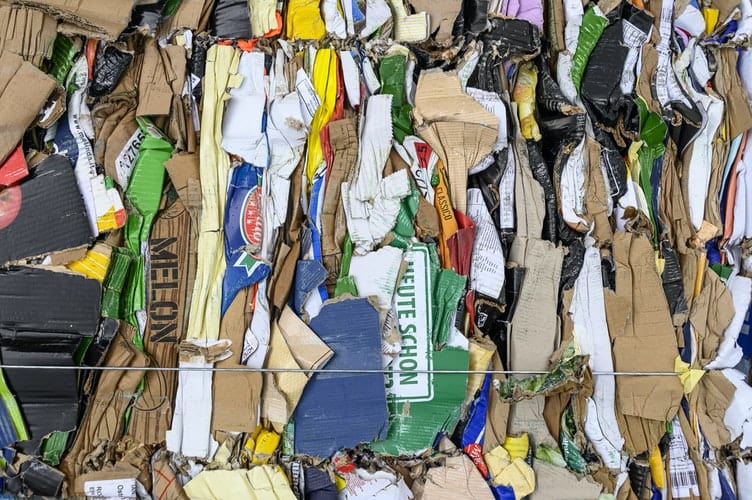
Recovered paper is used to make new paper products, saving trees and other natural resources. Find out what your community or office recycling program accepts. Most places will recycle newspapers, magazines, pizza boxes, mail, and cardboard. Rules can vary for things like shredded paper, takeout containers, gift wrap, books, etc. As a general rule of thumb, keep your paper recyclables separate from glass, plastic, or food waste: contamination by other wastes can render it un recyclable.
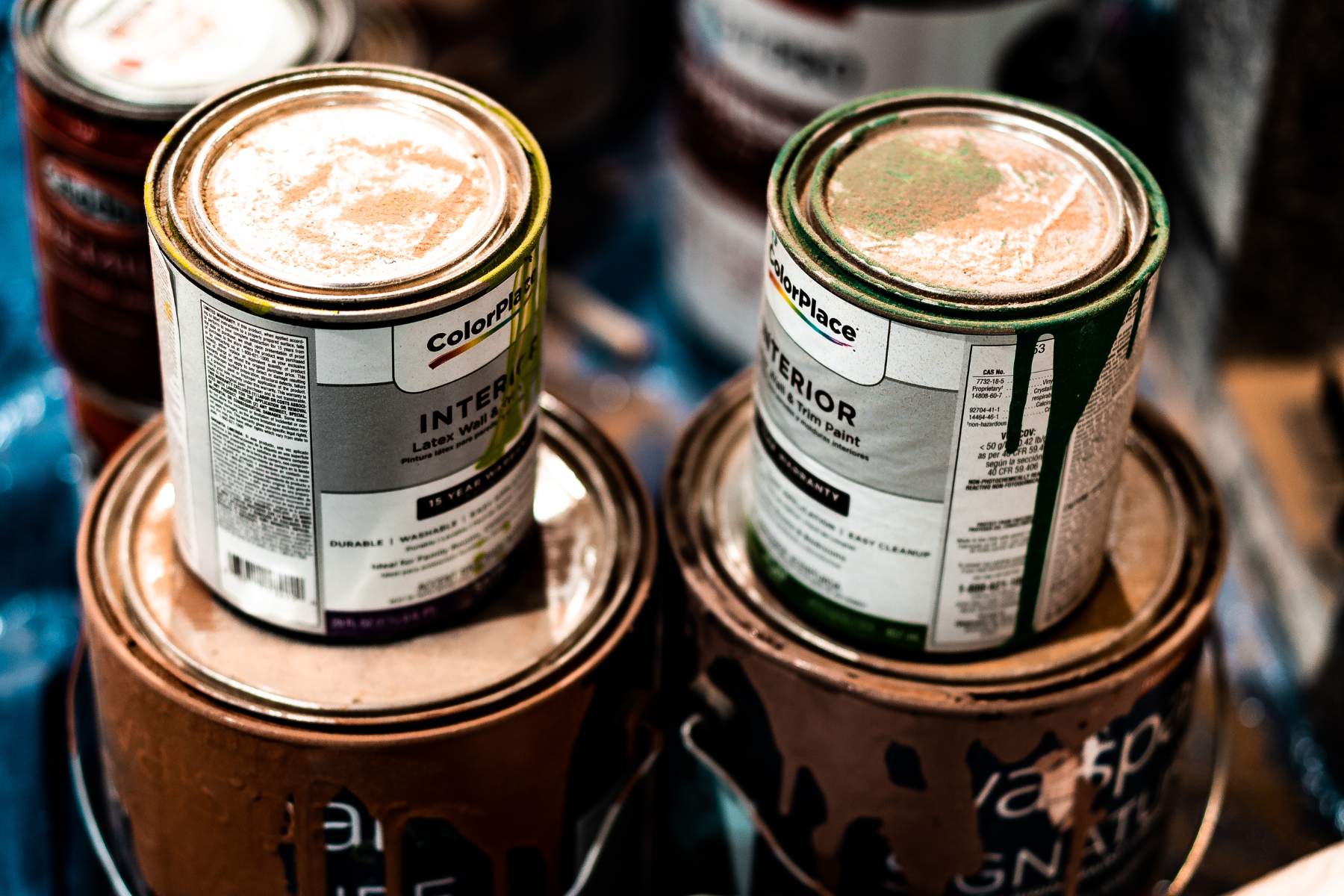
This waste category includes leftover household products that are corrosive or could catch fire, react, or explode under certain conditions. It includes pesticides, herbicides, insecticides, paints, solvents, oil filters, light bulbs, batteries, un emptied aerosol cans, ammunition, ammonia, antifreeze, and nail polish. HHW should never be poured down the drain, dumped on the ground, or thrown out with regular trash. Look for special collection events in your community. Some retailers that sell HHW will also accept them for recycling. Because HHW is potentially dangerous and can be challenging to safely dispose of, we recommend minimizing purchases to what you strictly need—and using non-hazardous alternatives when feasible.
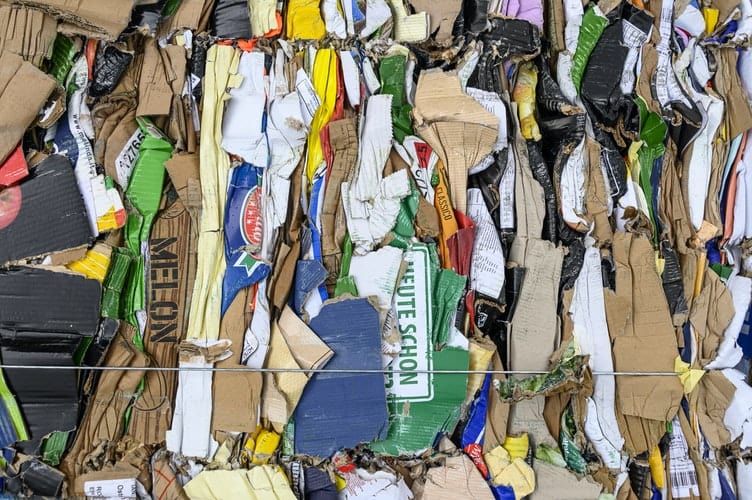
While batteries are recyclable, most types, including lithium-ion, lithium metal, lead-acid, nickel cadmium, and other rechargeable batteries, should never be added to household garbage or recycling bins. Look for local drop off locations like in-store recycling bins, mail-in programs, and community collection events. For certain types of batteries, you can also check with the retailer you purchased them from; especially when it comes to larger batteries.
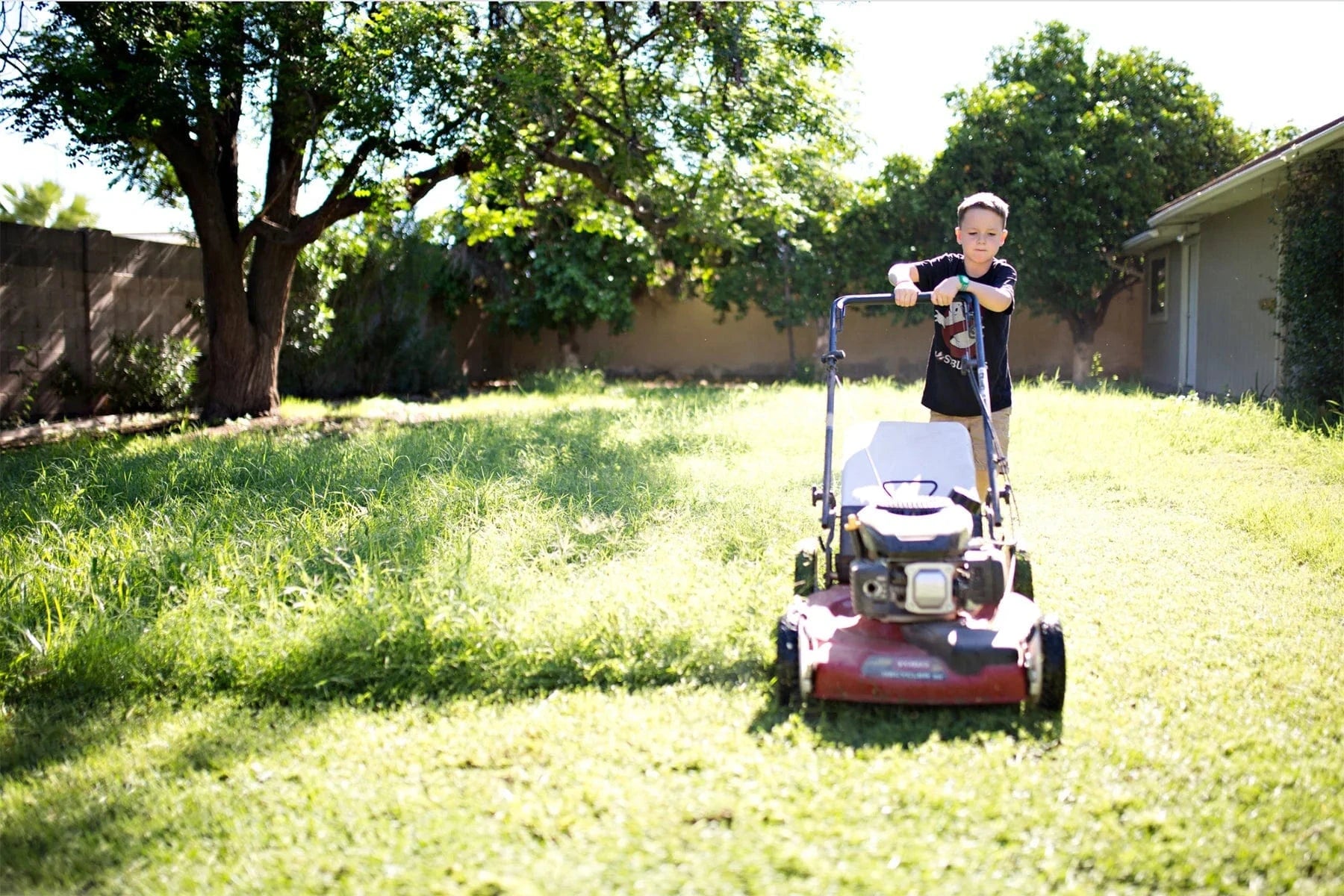
Yard trimmings cannot be recycled, but they can be composted or mulched. If that isn't feasible for you, check if there is a yard trimming collection service in your area.
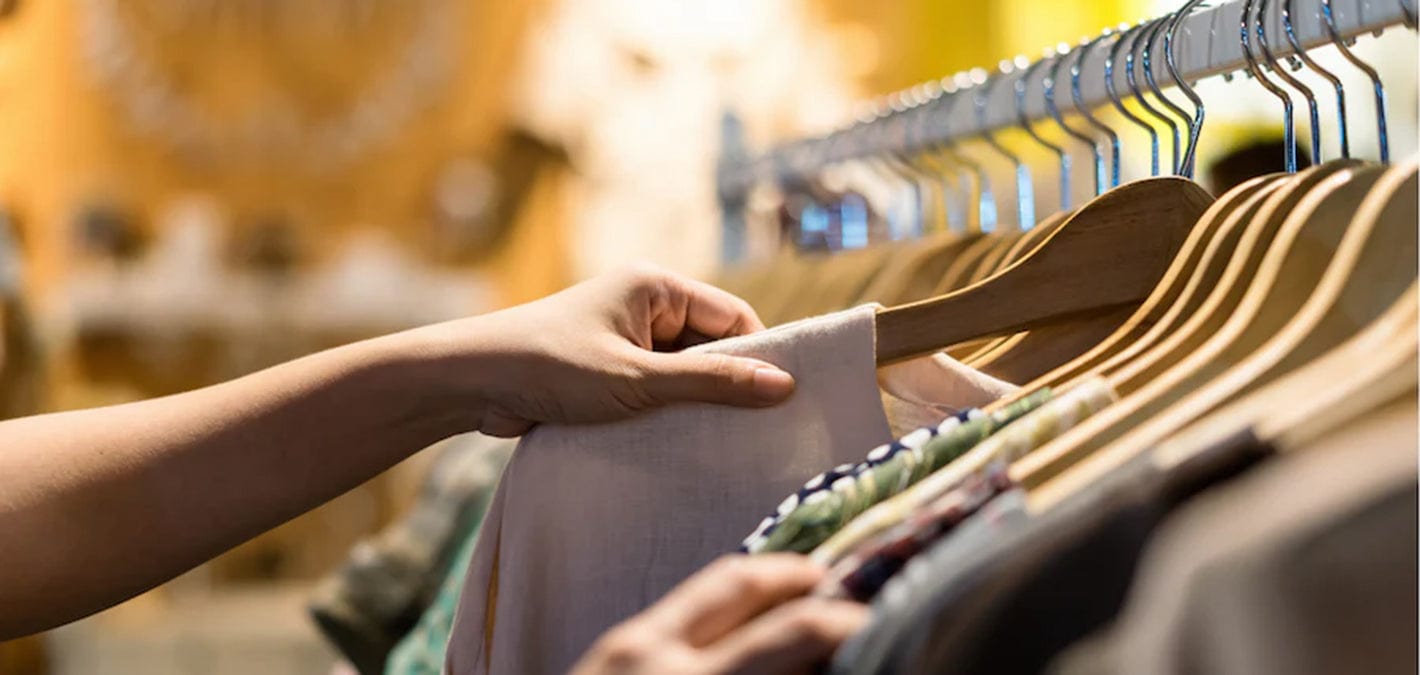
Gently worn clothes and shoes can be donated to charity. For damaged pieces, just ask! Even if they cannot be worn, they may still be usable for other purposes (like turning into rags). Some retail stores will also recycle them.
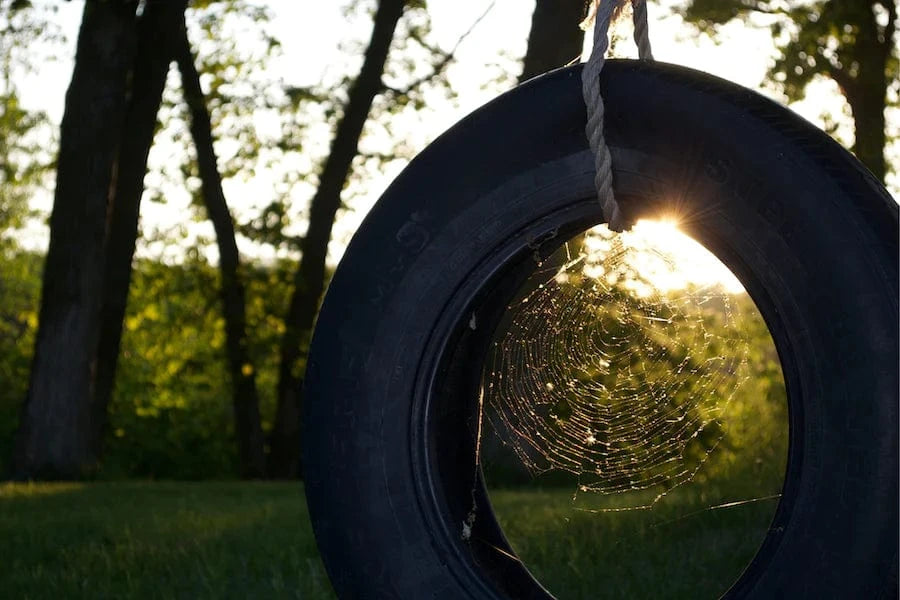
Most garages are required to recycle your used tires when they install new ones on your vehicle. If you have old tires on your hands, you may be able to bring them to a tire retailer or local recycling facility, for a fee. Some communities also hold collection events.
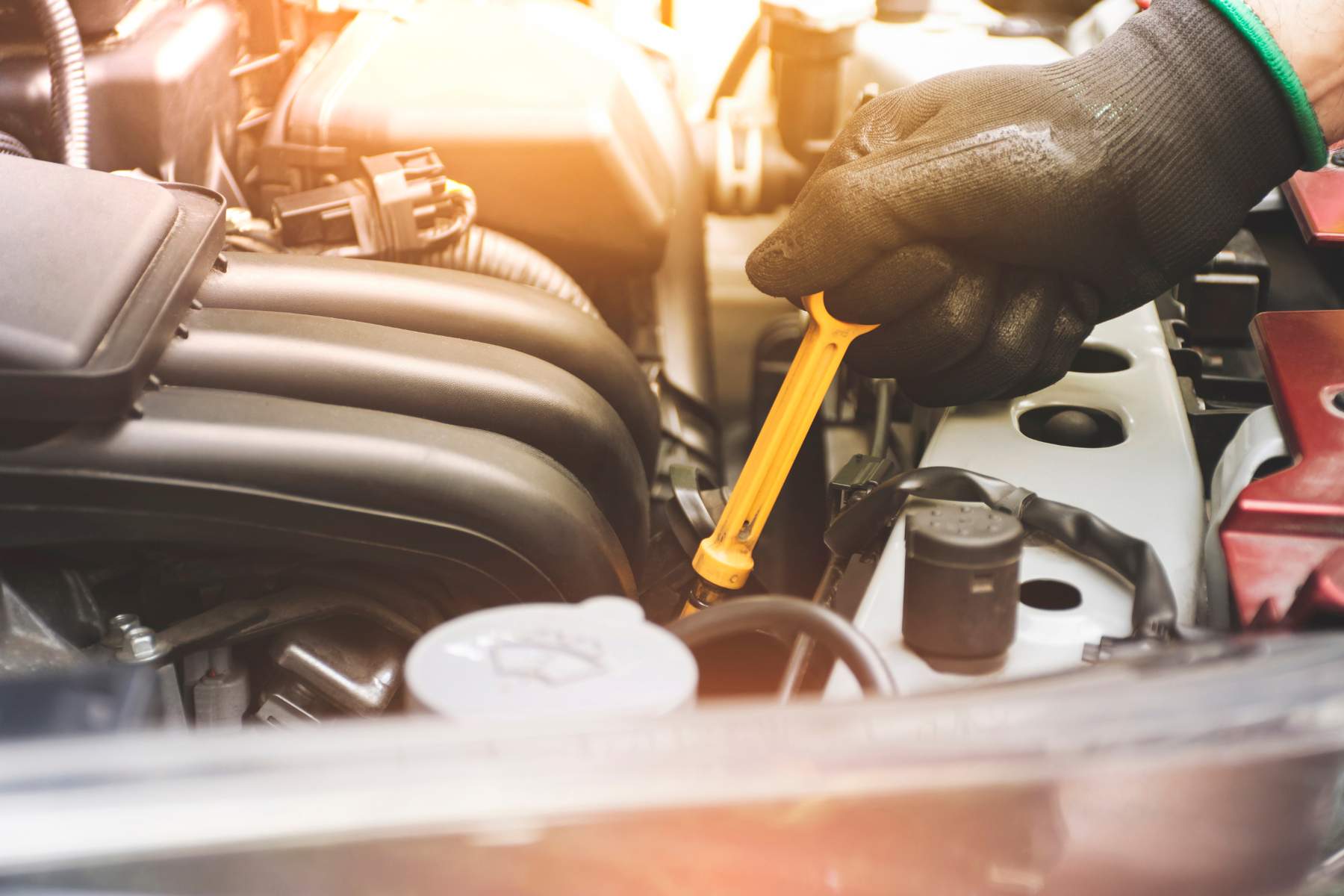
The used oil from one oil change can contaminate one million gallons of fresh water. Many garages and auto supply stores that sell motor oil will accept it back for recycling. Used oil can be re-refined into lubricants, processed into fuel oils, and used as raw material.
We hope these tips will inspire you reduce what waste you can, and recycle what you can't. And if reflecting on a lifetime of plastic consumption has gotten you down, don’t beat yourself up too much! Start where you are, and do better today.
08/04/2025 by Meaghan Weeden
03/04/2025 by One Tree Planted
01/04/2025 by Meaghan Weeden
14/01/2025 by Meaghan Weeden
09/01/2025 by Meaghan Weeden
07/01/2025 by Meaghan Weeden
One Tree Planted, Inc.'s mission is to work with our partners to reforest our planet, empowering communities, and fostering a healthier, greener future. Financial and other information about our charity’s purpose, programs and activities can be obtained by contacting Leila Melody, Chief Financial Officer, 145 Pine Haven Shores Rd Ste 1000D Shelburne, VT 05482-7812 United States, 1-800-408-7850. If you are a resident of any of the following states, please review the relevant disclosure statement.
FLORIDA: A COPY OF THE OFFICIAL REGISTRATION AND FINANCIAL INFORMATION MAY BE OBTAINED FROM THE DIVISION OF CONSUMER SERVICES BY CALLING TOLL-FREE 1-800-HELP-FLA OR ONLINE AT www.fdacs.gov/ConsumerServices. REGISTRATION DOES NOT IMPLY ENDORSEMENT, APPROVAL, OR RECOMMENDATION BY THE STATE. REGISTRATION #: CH66616
GEORGIA: The following information is available upon request: a full and fair description of the charitable program for which the solicitation campaign is being carried out and, if different, a full and fair description of the programs and activities of the charitable organization on whose behalf the solicitation is being carried out, and a financial statement or summary consistent with the financial statement required to be filed with the Secretary of State pursuant to Code Section 43-17-5.
MARYLAND: A copy of the current financial statement of One Tree Planted, Inc. is available by writing to One Tree Planted, Inc. at 145 Pine Haven Shores Rd Ste 1000D Shelburne, VT 05482-7812 United States, or by calling +18004087850. Documents and information submitted under the Maryland Solicitations Act are also available, for the cost of postage and copies, from the Maryland Secretary of State, State House, Annapolis, MD 21401, (410) 974-5534.
MICHIGAN: MICS No. 65659.
MISSISSIPPI: The official registration and financial information of One Tree Planted, Inc. may be obtained from the Mississippi Secretary of State’s office by calling 1-888-236-6167. Registration by the Secretary of State does not imply endorsement by the Secretary of State.
NEVADA: The state of incorporation of One Tree Planted, Inc. is Vermont. Contributions may be tax deductible pursuant to the provisions of Section 170(c) of the Internal Revenue Code.
NEW JERSEY: INFORMATION FILED WITH THE ATTORNEY GENERAL CONCERNING THIS CHARITABLE SOLICITATION AND THE PERCENTAGE OF CONTRIBUTIONS RECEIVED BY THE CHARITY DURING THE LAST REPORTING PERIOD THAT WERE DEDICATED TO THE CHARITABLE PURPOSE MAY BE OBTAINED FROM THE ATTORNEY GENERAL OF THE STATE OF NEW JERSEY BY CALLING 973-504-6215 or 201-504-6215 AND IS AVAILABLE ON THE INTERNET AT https://njconsumeraffairs.nj.gov/public-charity-search-results REGISTRATION WITH THE ATTORNEY GENERAL DOES NOT IMPLY ENDORSEMENT.
NEW YORK: A copy of the latest annual report may be obtained, upon request, by writing to One Tree Planted, Inc. at 145 Pine Haven Shores Rd Ste 1000D Shelburne, VT 05482-7812 United States, or from the New York State Attorney General’s Charities Bureau, Attn: FOIL Officer, Department of Law, 120 Broadway – 3rd Floor, New York, New York 10271, (212) 416-8401 or https://ag.ny.gov/resources/organizations/charities-nonprofits-fundraisers
NORTH CAROLINA: Financial information about this organization and a copy of its license are available from the State Solicitation Licensing Branch at 1-888-830-4989 (within North Carolina) or (919) 807-2214 (outside of North Carolina). The license is not an endorsement by the State.
OREGON: One Tree Planted, Inc. registration in no way constitutes or implies any endorsement, sanction, or approval of a solicitation, its purposes, the manner in which it is conducted, or of One Tree Planted, Inc. by the Attorney General or any other governmental agency or officer.
PENNSYLVANIA: The official registration and financial information of One Tree Planted, Inc. may be obtained from the Pennsylvania Department of State by calling toll-free, within Pennsylvania, 1-800-732-0999. Registration does not imply endorsement.
VIRGINIA: A financial statement is available from the State Office of Consumer Affairs in the Department of Agriculture and Consumer Services P.O. Box 1163, Richmond, VA 23218 upon request.
WASHINGTON: The registration required by the Charitable Solicitation Act is on file with the Washington Secretary of State. Information relating to the financial affairs of One Tree Planted, Inc. is available by calling the Secretary of State at 360-725-0378 (the toll-free number for Washington residents is 800-332-4483).
WEST VIRGINIA: West Virginia residents may obtain a summary of the registration and financial documents from the Secretary of State, State Capitol, Charleston, West Virginia 25305. Registration does not imply endorsement.
WISCONSIN: A financial statement of One Tree Planted, Inc. disclosing assets, liabilities, fund balances, revenue and expenses for the preceding fiscal year is available upon request.
CONTRIBUTIONS ARE DEDUCTIBLE FOR FEDERAL INCOME TAX PURPOSES IN ACCORDANCE WITH APPLICABLE LAW. REGISTRATION IN A STATE DOES NOT IMPLY ENDORSEMENT, APPROVAL, OR RECOMMENDATION OF ONE TREE PLANTED, INC. BY THE STATE.
Powered by Harbor Compliance

The Grove is more than just a monthly giving program: it's a vibrant community of individuals who are dedicated to reforestation and environmental restoration on a global scale.
As a member of The Grove, you affirm your commitment to restoring forests, nurturing biodiversity, and fostering positive global change.